EDITORIAL
Published on 11 Aug 2022
Editorial: DSCOVR EPIC/NISTAR: 5 Years of Observing Earth From the First Lagrangian Point
doi 10.3389/frsen.2022.963660
- 735 views
- 3 citations
10k
Total downloads
58k
Total views and downloads
EDITORIAL
Published on 11 Aug 2022
ORIGINAL RESEARCH
Published on 02 May 2022

ORIGINAL RESEARCH
Published on 12 Apr 2022
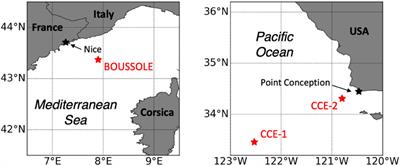
ORIGINAL RESEARCH
Published on 12 Apr 2022
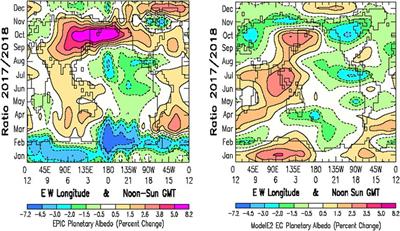
PERSPECTIVE
Published on 11 Mar 2022

ORIGINAL RESEARCH
Published on 11 Mar 2022
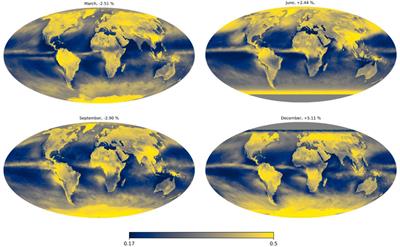
ORIGINAL RESEARCH
Published on 09 Mar 2022
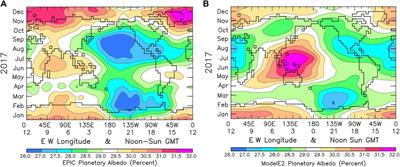
ORIGINAL RESEARCH
Published on 15 Feb 2022

ORIGINAL RESEARCH
Published on 24 Jan 2022
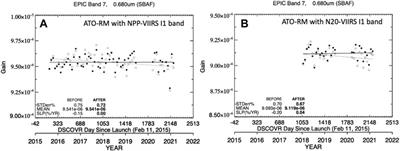
ORIGINAL RESEARCH
Published on 18 Nov 2021

ORIGINAL RESEARCH
Published on 12 Nov 2021
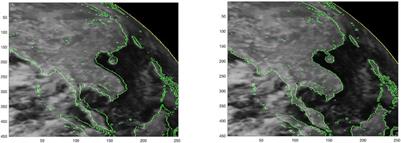
ORIGINAL RESEARCH
Published on 28 Oct 2021
